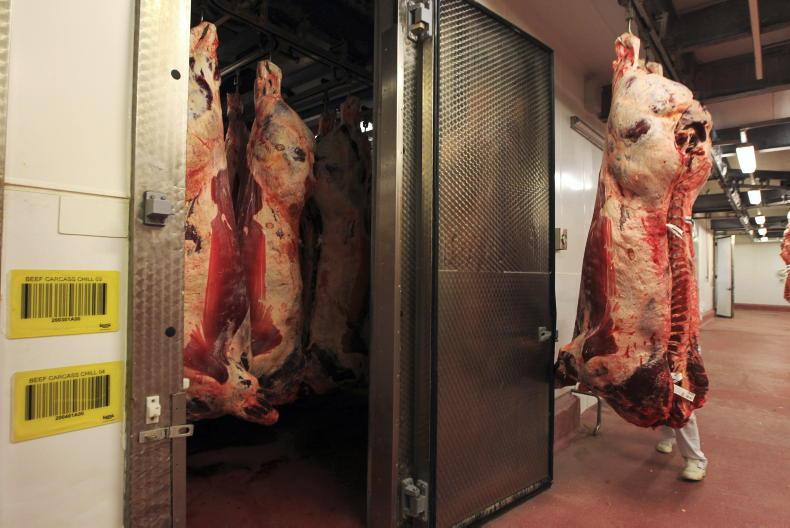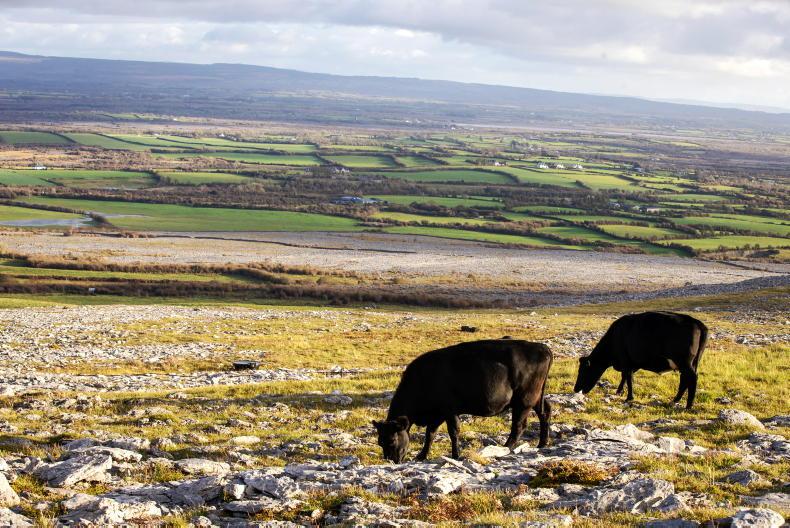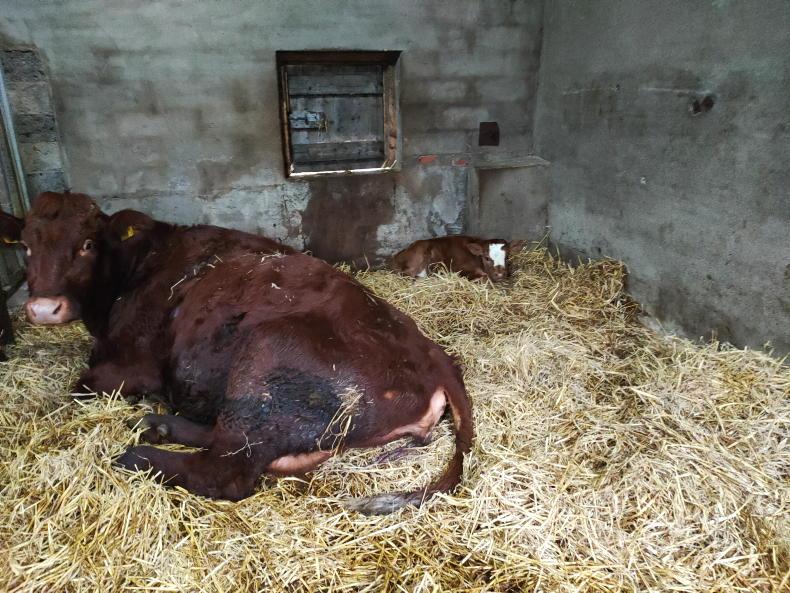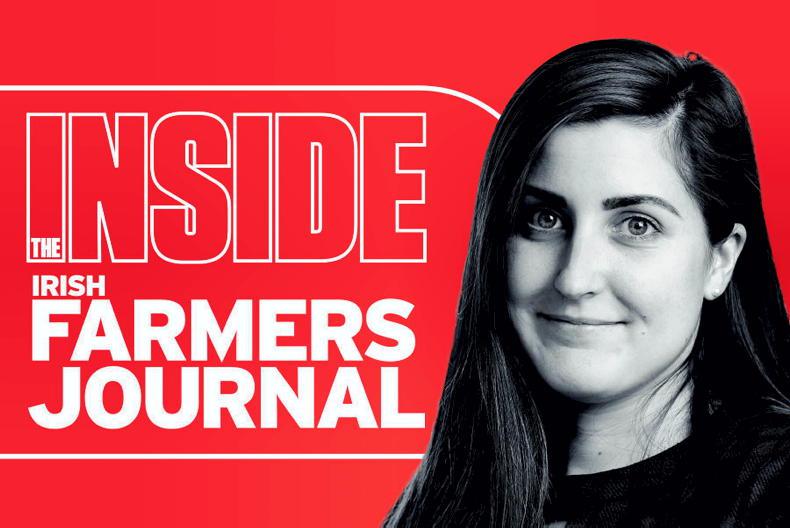Two farmers locked up with TB have hit out at the Department of Agriculture’s handling of the disease on farms.
Darragh Scott, a dairy farmer from Gortnahoe on the Tipperary/Kilkenny border, has lost 14 of his herd so far this year and has been locked up since March.
His local area has been part of a badger vaccination programme, which he believes is failing due to the lack of staff working to monitor badger numbers and testing for the disease.
Scott, who also is currently without a veterinary inspector, says TB has been prevalent in his area of mid-Tipperary and north Kilkenny for over a decade.
“If the density is too much, then it’s not going to work, you’re only throwing money away. That appears to be the situation around here.”
Testing
His dairy farm was last locked up after a positive skin test in 2017, where he lost over 30 animals. This time around, Scott said he insisted on getting a follow-up blood test to try and find any false negatives, which found four more TB cases.
However, he was left disappointed after six more cows tested positive in a subsequent skin test.
“Cows are making their way through blood tests and still being TB positive. You hoped it would flush out, whatever’s there.”
Meanwhile, north Kerry farmer and organic cheese maker, Kate Carmody lost a two-year-old in-calf heifer to TB this month.
After being locked up for the first time 20 years ago and again in 2012, she said the testing methods haven’t changed in those two decades.
Carmody is unhappy with how imprecise skin and blood tests are and believes the Department should be trying out a polymerase chain reaction (PCR) test instead.
“It’s this total resistance to change in the Department of Agriculture that frightens me. I’ve been farming for 40 years and as a scientist, I just feel that if you embrace change, you can solve problems a lot quicker.”
The Kerry farmer this year joined a European-wide selenium deficiency project, which included her purchasing new equipment for her farm.
However, due to the positive TB test, her farm will not be allowed to sell its organic cheese. Although, Carmody was compensated for the loss of her heifer, she is expected to lose out on more money from her inability to sell her dairy products.
“It’s put me in a catch-22 position. There’s no compensation for the loss of income,” she added.
“They compensate you for your animals, but you get cheated on that because the value put on my animals is much lower than I would expect.”
Mental effects
The loss of animals on the farm can also take a mental as well as financial toll on farmers.
“I lost my very best in-calf heifer. It’s heartbreaking for me and my daughter, we have great empathy for our animals,” said Carmody.
Meanwhile, Scott said he worries if outbreaks continue, he may have to cut his herd to ease the costs of keeping animals indoors.
“You really feel it when you don’t have cows on the ground. It’s tough when you’ve sheds of cattle and you’re trying to feed them.
“You learn going forward but you say to yourself, ‘what if I get locked up again, how will I manage this?’”
TB statistics
As of the end of June 2024, herd incidence soared to 5.17% on Irish farms. This was up from 4.63% for the second quarter of 2023. Over 5,000 herds were restricted as of the end of June, with over 32,000 reactors. The Department of Agriculture has forecast that reactor numbers could hit 40,000 this year.









SHARING OPTIONS